Why didn't the Soviet Union collapse sooner?
And the irresolvable conflicts within Communism.
Make someone’s day: Gift a subscription to your friends and family!
The collapse of the Soviet Union and its empire was one of the most unexpected and important events in modern history. With hindsight, it was also one of the inevitable events in history as well.
I lived through the 1980s, and I can tell you that virtually no one was expecting the Berlin Wall to come down or the Soviet Union to collapse. Both events sent a shockwave throughout the entire world. That shockwave led to regime change across the entire world and led to the collapse of the vast majority of Communist movements and guerilla organizations. No event of this magnitude has happened since 1991.
I would go further and say that the October Revolution in 1917, the fall of the Berlin Wall in 1989, and the collapse of the Soviet Union in 1991 were three of the five most important events of the last 120 years. In my mind, only the German invasion of Belgium and France in 1914 was more pivotal in its consequences (and without the resulting October Revolution, this event might not have made the shortlist).
Despite the fact that no one expected the fall, it was pretty obvious with 20/20 hindsight. To use Karl Marx’s own method of analysis: the Soviet means of production was riven by internal contradictions inherent to the system that made collapse inevitable. I will not discuss the reasons for those internal contradictions in this article.
In this article, I will try to answer the following question: If the collapse of the Soviet Union was inevitable, why did it take 74 years to occur?
If you ignore the final outcome and the enormous human suffering that the regime caused (an estimated 100 million killed by Communist regimes, all of whom were established directly or indirectly with Soviet assistance), the Soviet Union was an immense achievement. It was a superpower for most of its existence, and half the world looked to Moscow for leadership and inspiration. No King or Emperor was ever that influential for that period of time.
Were Communists early Woke?
Before I answer the main question of this article, I want to take a brief detour into a comparison of Communism/Marxism and current Woke ideology. I think this will help to understand why the Soviet Union lasted so long, and also why it collapsed in the long run.
I know some conservative commentators claim that the Woke are Cultural Marxists, but I do not buy that argument. Some even compare the Woke to National Socialists or Fascists. While there are some similarities, Woke ideology (more accurately called “Critical Theory” or “Critical Social Justice Theory”) is distinct from Communism, Fascism, and National Socialism. Most importantly, the current Woke are incompetent clowns in comparison to previous generations of Totalitarians.
Don’t get me wrong. I have consistently argued that virtually all Totalitarian ideologies:
have common assumptions of the malleability of the human condition,
try to achieve some form of Equality within their society
are not willing to try to reform society within the boundaries of Liberal Democratic Capitalism,
but there the similarity ends.
Communists embraced material reality
I think the best explanation of the differences between Marxists (and other socialists) and current Woke ideology is “What’s Our Problem?: A Self-Help Book for Societies by Tim Urban. I have a podcast book review and video version if you are interested in taking a deeper dive.
The core of Urban’s argument is communicated by the following three graphics from his book (by the way, the graphics in this book are outstanding):
Essentially, the Marxists and Communists agreed with the Liberal assumption of Science, Logic, Reason, and Objective Truth. The Communists just believed that by replacing free markets, free speech, individualism, and equality of opportunity with rational centralized planning, they could achieve faster economic growth because centralized planning did not have the internal contradictions of market-based capitalism.
The Communists believed that this economic growth would lead to an abundance for the masses so that Inequality would not matter anymore. The fact that, in the long run, they failed to achieve this goal does not mean that the Communists never believed it.
The Communists believed in:
Industrialism and heavy industry
Abundant energy systems, particularly electrification
Economic growth
Technological innovation
Science
Engineering
Cultural achievement
Merit… and a whole host of other Liberal goals and values.
The Postmodernists, Critical Theorists, and the Woke (all of them are closely related) go much, much further. Postmodernists, Critical Theorists, and the Woke reject Science, Logic, Reason, Objective Truth, and all the other things that I listed above.
Just as the Communists believed that free speech, individualism, democracy, liberty, and free markets impose a false consciousness on the Proletariat (working class), the post-modernists applied that same reasoning to all concepts in modernity (Liberal and Marxist). And the post-modernists expanded the category of Oppressed groups to include all those groups who have less in society, whether based on race, gender, sexuality, the mentally ill, the handicapped, etc.
Postmodernists and Woke believe that all the above values are social constructs that have been imposed on society by Oppressors so the Oppressed cannot see the causes of their suffering. The Woke want to tear down all of them because they believe those social constructs are the causes of Inequality and Oppression.
Marx, Lenin, and Stalin would have rejected post-modernism as insane, just as Liberals reject Marxist and post-modernism as insane.
The Communists and other Totalitarians wanted to build a new society based on collectivism and central planning, the Woke want to tear all the foundations of society and replace it with….umm, well… <crickets chirping>.
That is why the Communists, National Socialists, and Fascists were able to establish new societies based on illiberal principles, while the Woke will never be able to do so. Every institution that they transform to Woke principles will come crashing down given enough time.
The Communists, National Socialists, and Fascists want to transform liberal institutions into illiberal institutions. They did not just want to tear down those institutions.
While the Fascists and National Socialists destroyed themselves in war, the Communists destroyed themselves in their attempt to substitute “What Works” with “What Does Not Work.” And it takes time for “What Does Not Work” to tear down society.
See also my other articles and podcasts on Ideology:
Why Ideologies Threaten Progress (Part 1 of 3-part podcast series)
Why ideologies fail (podcast)
Descent into a man-made Hell: Understanding modern Totalitarianism
You might also be interested in reading my “From Poverty to Progress” book series:
Anyway, let’s get back to the main point of the article. If the collapse of the Soviet Union was inevitable, why did it take 74 years to occur?
I think the answer comes from a blend of the following reasons. Assessing the relative importance of each is very difficult so I will not even try:
A belief that Communists were creating a better world. This factor cannot be underestimated. One does not have to accept Communist doctrine uncritically to realize that it has a compelling moral vision for humanity.
People can go through an enormous amount of suffering when they are convinced that their suffering will be rewarded. Communist ideology promised a prosperous and egalitarian world once the suffering of the transition period was passed through.A Russian culture that treats suffering as normal.
The Russian people are incredibly tough physically, intellectually, and morally. I have known many Russians and Russian-Americans in my life, and it is obvious that FAFO is core to their worldview. It is not hard to understand why when you read Russian history. It is full of suffering at a level that most Westerners cannot even imagine.Communist ideology thoroughly permeating the media, education, youth organizations, (such as the Little Octobrists, Pioneers, and Komsomol), and an integration of Communist symbolism into public holidays.
Communist ideology and symbolism were thoroughly integrated into daily life from birth to death. It was completely inescapable, and that was by designOnly hearing one message for your entire life can, at the very least, instill a sense of resignation to your fate. And when the message is so compelling at face value (see factor #1 above), it can give an entire people a mission in life. Never underestimate a large group of people unified around a clear mission in life.
Western technology, organizations, capital, and skills.
The fundamental problem with the command economy is that while it can reallocate capital to promote industrialization and military build-up, it cannot innovate new technologies or create consumer-based economies.
The entire Soviet economy was parasitic on technology, organizations, capital, and skills invented in the West. The Soviets could create poor copies of those Western innovations, but that was typically restricted to the domains of military and space. The Soviet economy never figured out how to mass produce consumer items that Soviet citizens really wanted. The Soviet consumer economy consisted of cheap goods that disappeared from stores. Consumers could afford to buy anything, but there was simply not enough of those goods to go around.
A fictitious Soviet Union established in 1800 would have collapsed immediately or would have been forced to remain an Agrarian economy. It was only well after the Industrial Revolution had transformed the West that a Soviet-like Industrial regime was possible. And that Soviet industrial economy was guaranteed to fall further and further behind the West.
By the way, the Chinese Communists learned this lesson in the 1980s and built a capitalist economy as a superstructure for a Communist one-party political system. Putin did something similar in post-Soviet Russia. Communist economics cannot be made to work, but Communist politics can.Very impressive achievements in the cultural realm. Even when compared to the wealthiest Western nations, the Soviet Union made some very real cultural contributions and passed on the cultural contributions of the West:
A strong technical education (both science and engineering). In this area, I think the Soviet Union surpassed the vast majority of Western nations, with the possible exception of Germany. And technical education matters a great deal to promoting material progress.
Cultivation of traditional Russian cinema, classical music, ballet, painting, and literature. While the Communists hated the bourgeoisie, they embraced many of their cultural contributions. In particular, the Soviets embrace much of European High Culture. Paris and New York City were probably the only cities that rivaled Moscow as a cultural center during the Cold War.
The Soviet space program.
While the Americans beat the Soviets to the moon, the Soviets achieved many firsts in the space program. This was largely due to high-quality technical education and the ability of the centralized to channel resources into one massive effort. Russia is still a leader in space, thanks to the Soviets.A sports program that dominated in international competition, including one of the two best sports teams that ever existed. There will probably never be a sports team that has been so dominant for so long as the Soviet men’s national ice hockey team from 1954 to 1991, though the USA men’s basketball team comes close.
Even for regular non-athletes, the Soviet physical fitness regime in school put the West to shame. This created physically and mentally tough people ready to do ideological and military battle with the decadent West.
The KGB (earlier known as Cheka, OGPU, NKVD, and now known as the FSB)
Undergirding all of this was the most impressive secret police organization in world history. It seems likely that the KGB murdered more people than any other organization in history.
Every Russian citizen knew that they were being watched every moment of their lives, and straying over the edge of the ever-changing and blurry edge of what the KGB tolerated was terminal. Even family members might be KGB informants.
Even once “normalcy” was established after the death of Stalin in 1953, the KGB was feared and respected by all. Its fearsome reputation attracted the most intelligent and morally tough men from all over the Soviet Union (including Vladimir Putin).
The KGB was so feared and powerful that it was not clear whether they or the Communist party ran the Soviet regime. It is useful to think of the current Putin regime as “the KGB minus Communism,” so one can make the claim that the KGB actually outlasted the Communist Party of the Soviet Union.The most powerful Army ever created.
At its peak, the Soviet Army had 14 million men in 1945. Even as late as the 1980s, the Soviet Army had 3.7 million and 55,000 tanks, dwarfing the US Army. While the US Air Force and US Navy were clearly superior to the Soviet versions, the Soviet Army is likely the most powerful army in world history. And beating the German Army in World War II gave them enormous prestige.Military victory in the Great Patriotic War.
In some ways, the Nazi invasion of 1941 was a godsend to the moral legitimacy of the Soviet regime. While the initial invasion threatened the very foundation of Soviet existence, victory in the Great Patriotic War fused together Communist ideology with Russian nationalism, along with a symbol of unity, sacrifice, and victory over Evil.
It is not a coincidence that the Victory Day parade on Red Square is still one of the biggest celebrations in Russia.Nuclear weapons
A key part of the longevity of the Soviet Union was that World War III never broke out. Of course, no one knows what the outcome of that war would have been, but it might have destroyed the Soviet Union.
I think the invention and proliferation of nuclear weapons were a key factor in this war not starting. This gave both the USA and USSR reason to show restraint in the many confrontations in Berlin and the Third World.
From 1945 to about 1957, the Soviets struggled to keep up with the USA in nuclear inventory, the Soviet ICBM program of the 1950s and 60s bridged the gap. Even today, the nuclear inventories of Russia and the USA dwarf the rest of the world.Energy independence and oil and gas exports to the West.
One of the most neglected and important reasons for the survival of the Soviet regime was its vast resources of coal, oil, and natural gas. These energy resources played a key role in the late Tsarist regime and Soviet victory in World War II. It was equally important in Soviet industrialization.
Quite simply, if the Soviet Union needed sizable energy imports from the non-Communist world, the Soviet Union would have collapsed many decades earlier (probably due to the Nazi invasion in 1941).Even with complete energy independence, the Soviets still needed to import key Western technologies and expertise. Since this needed to be paid for with hard currency, the only way the Soviets could get these Western technologies and expertise was via energy exports. During the 1970s and early 1980s, these energy exports basically kept an otherwise stagnant economy running (barely).
High energy prices in the West from 1973 to 1986 enabled Soviet arbitrage. Once global oil prices collapsed in the mid-1980s, the entire system started collapsing.
And a super cool national anthem. The lyrics were a Russified version of The Internationale, which was the de facto anthem of Communists and Socialists everywhere.
As much as I hate the Soviet regime, I could listen to their national anthem all day. Only the French national anthem (La Marseillaise), which is also a revolutionary song, comes close, in my opinion.
Союз нерушимый республик свободных
Сплотила навеки Великая Русь.
Да здравствует созданный волей народов
Единый, могучий Советский Союз!…
So what do you think?
Did I miss any causes?
Were there any that should not be on the list?
How would you rank these causes based on their importance?
Leave a comment.
See also my other articles and podcasts on Ideology:
Why Ideologies Threaten Progress (Part 1 of 3-part podcast series)
Why ideologies fail (podcast)
Descent into a man-made Hell: Understanding modern Totalitarianism
You might also be interested in reading my “From Poverty to Progress” book series:




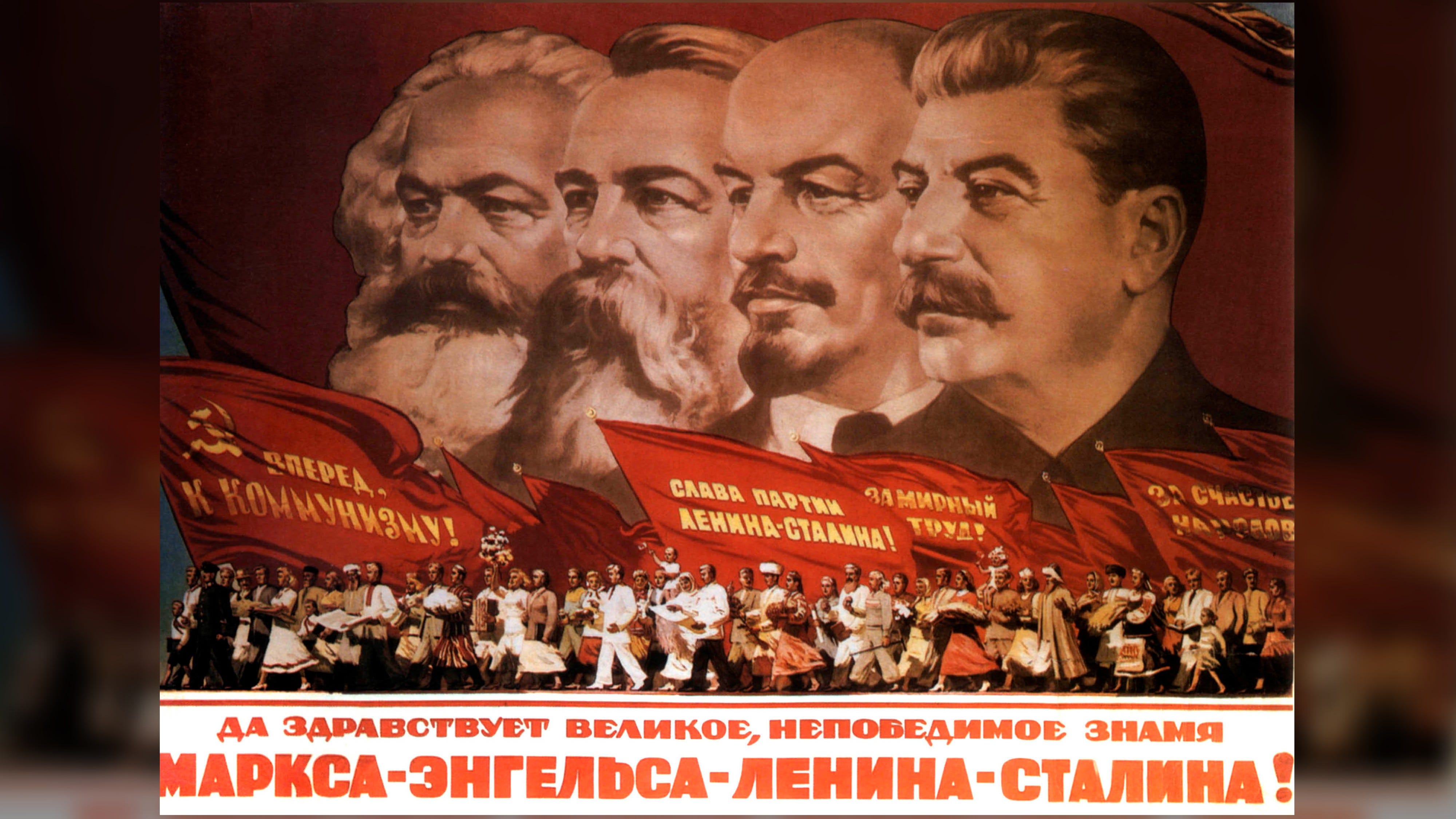




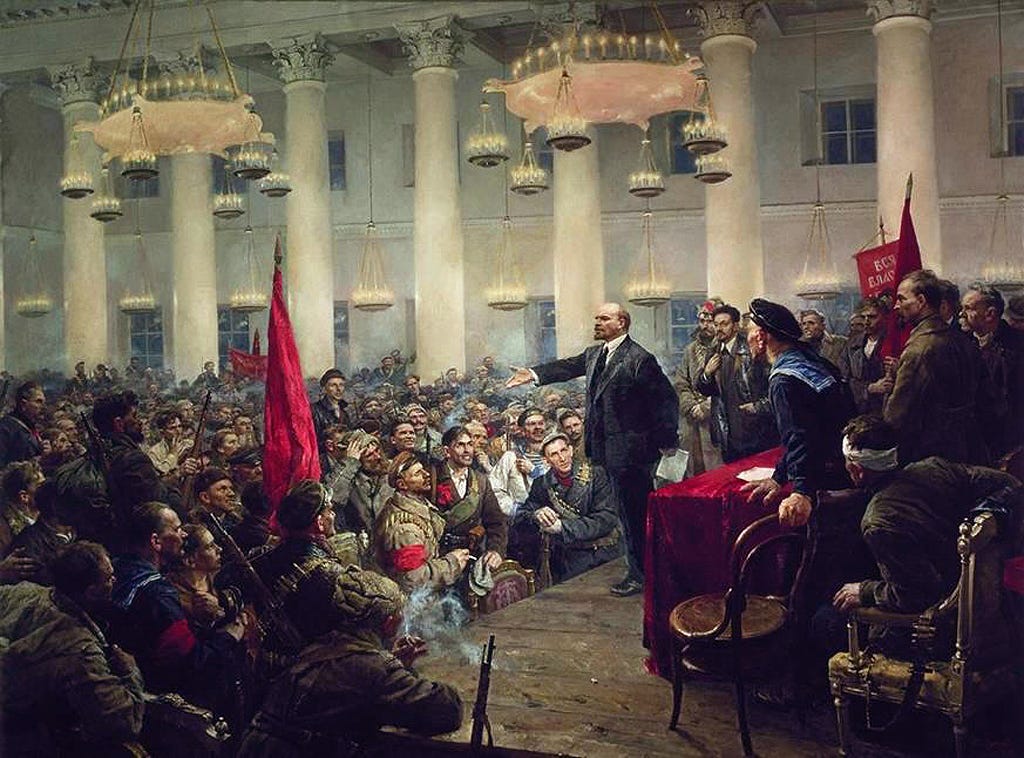
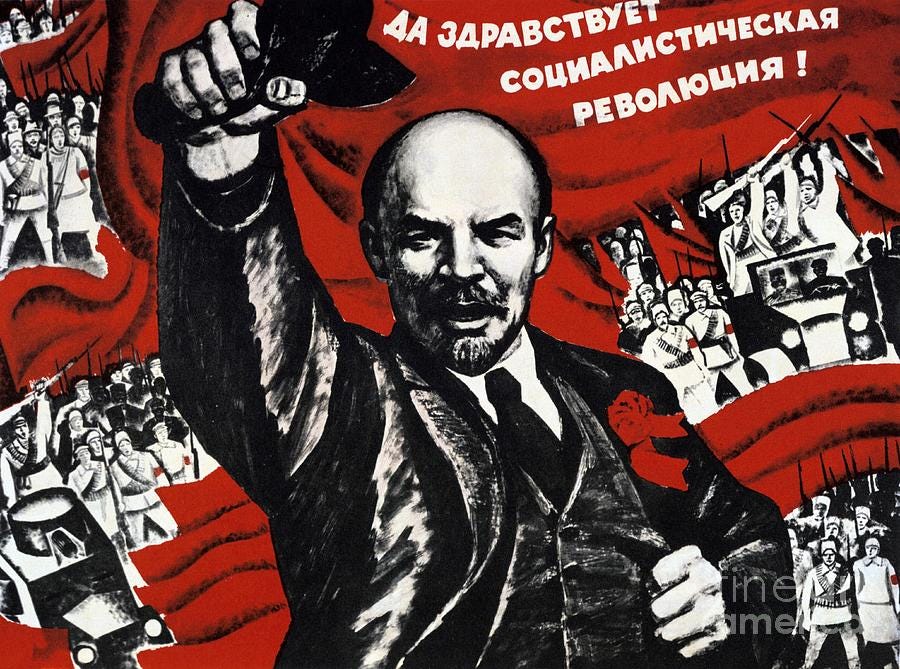
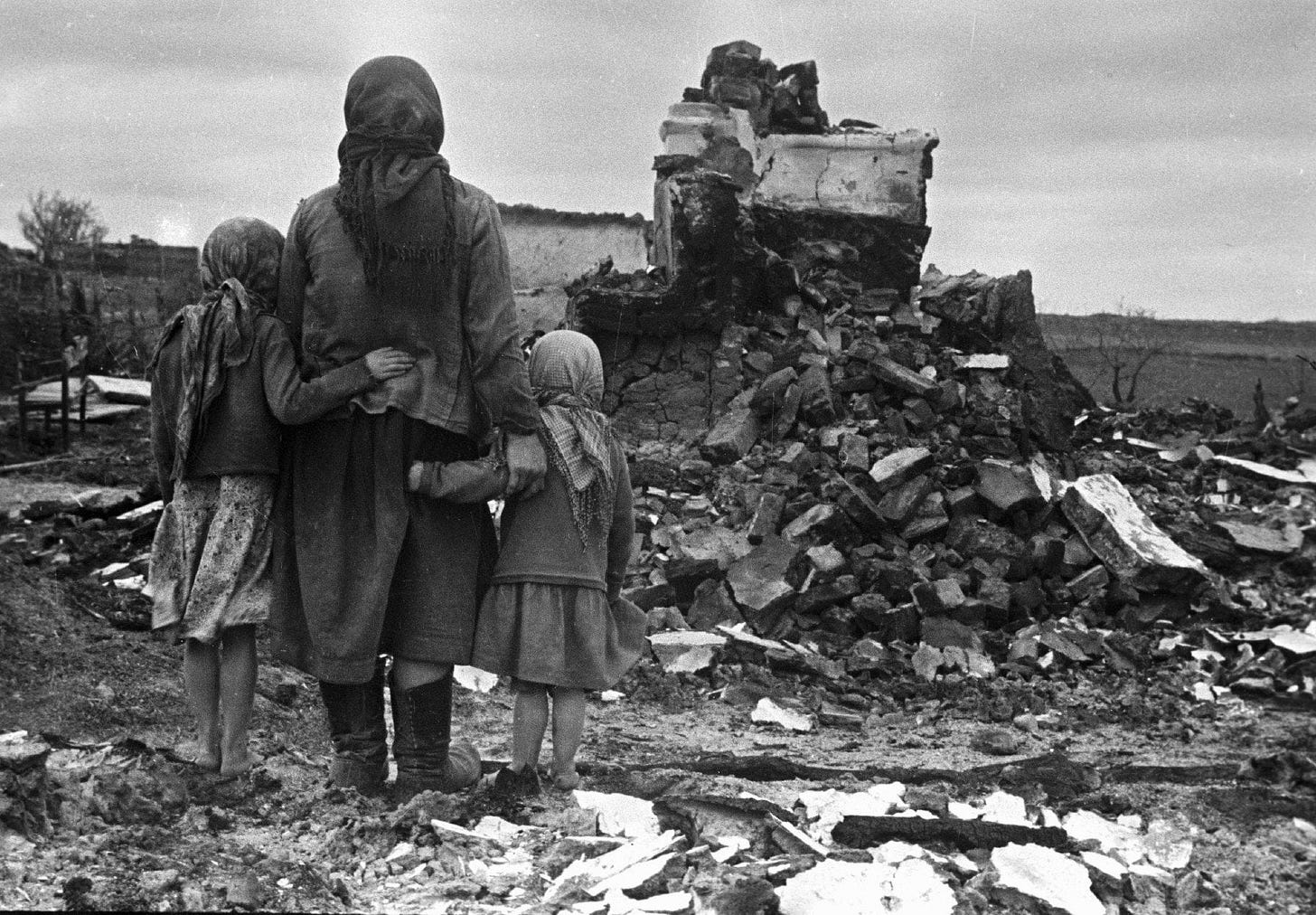
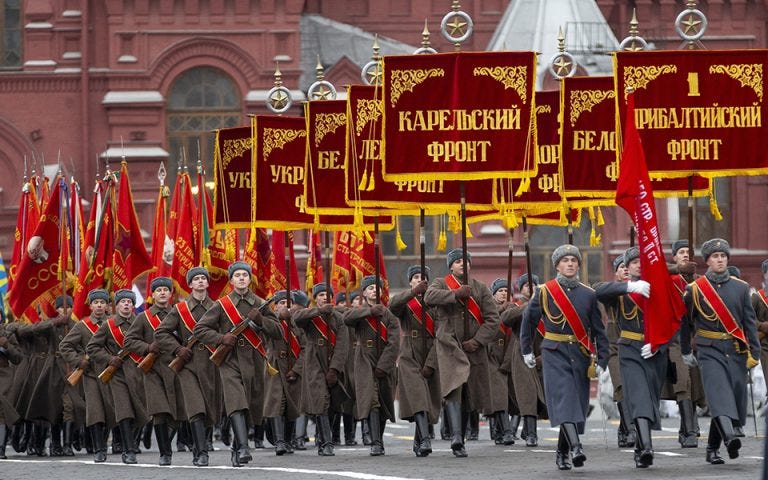

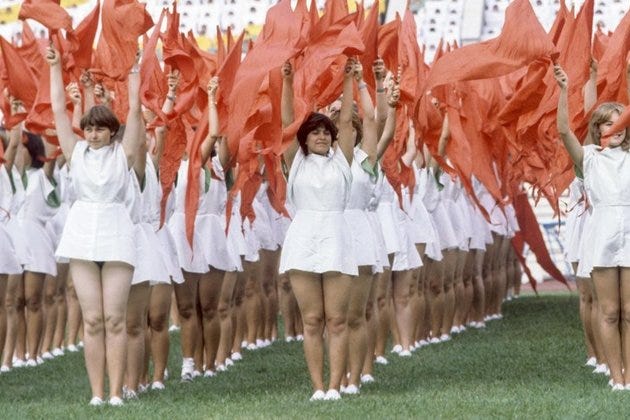


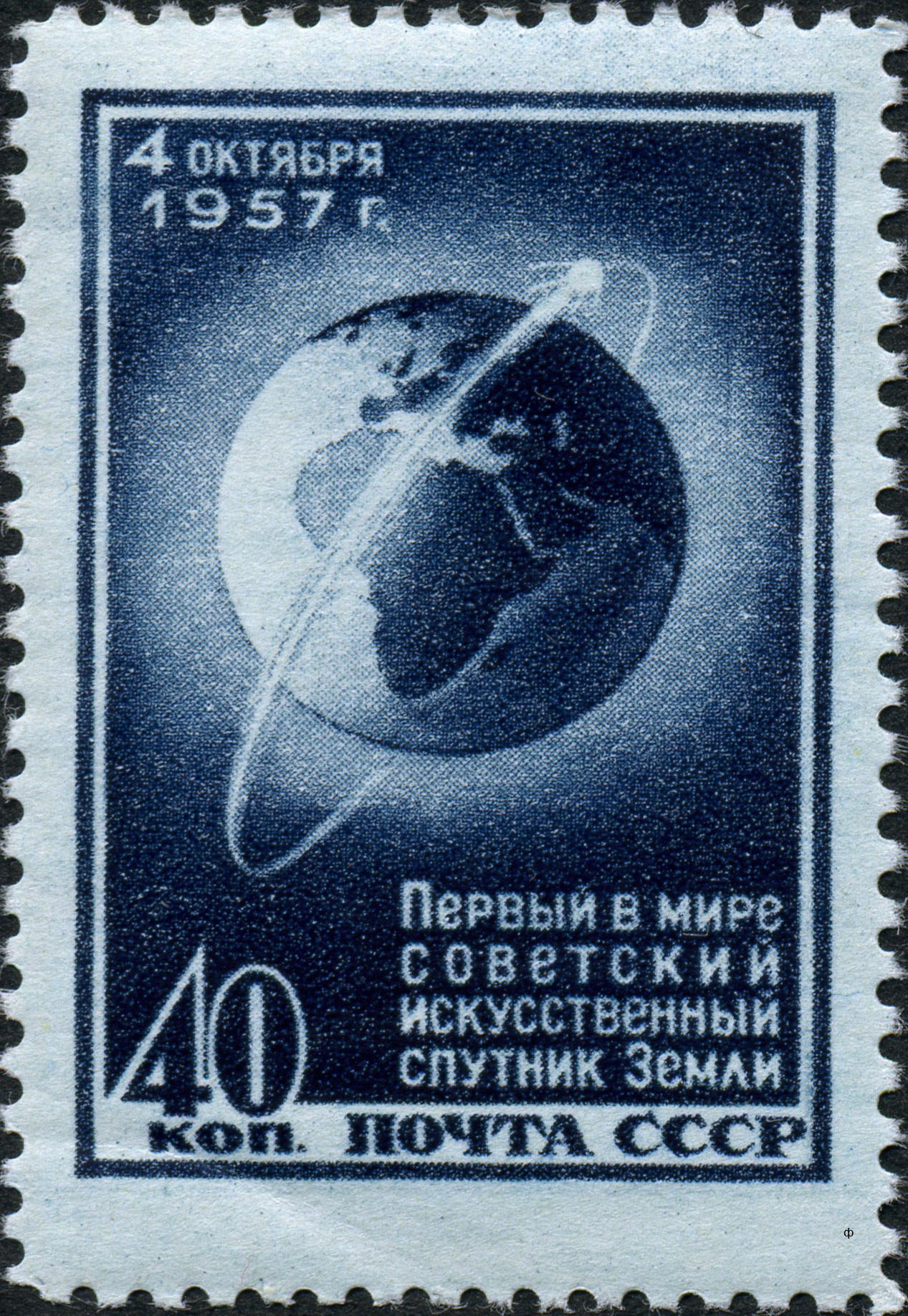
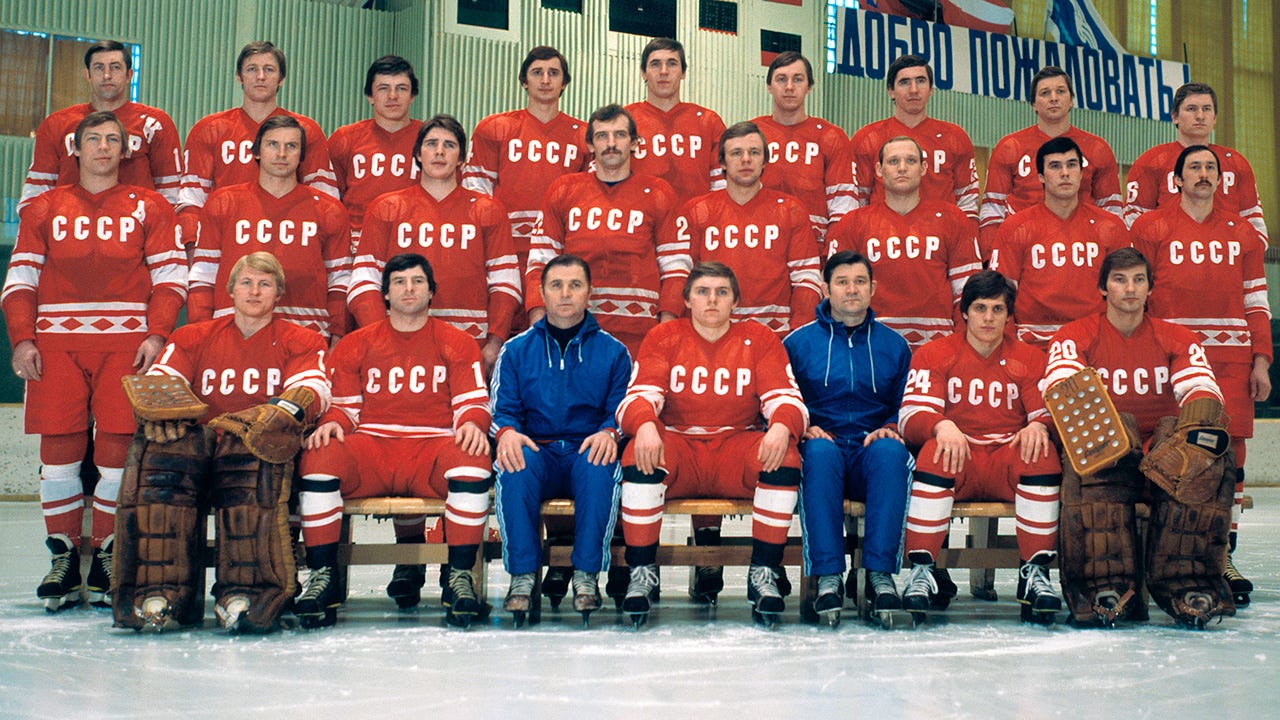
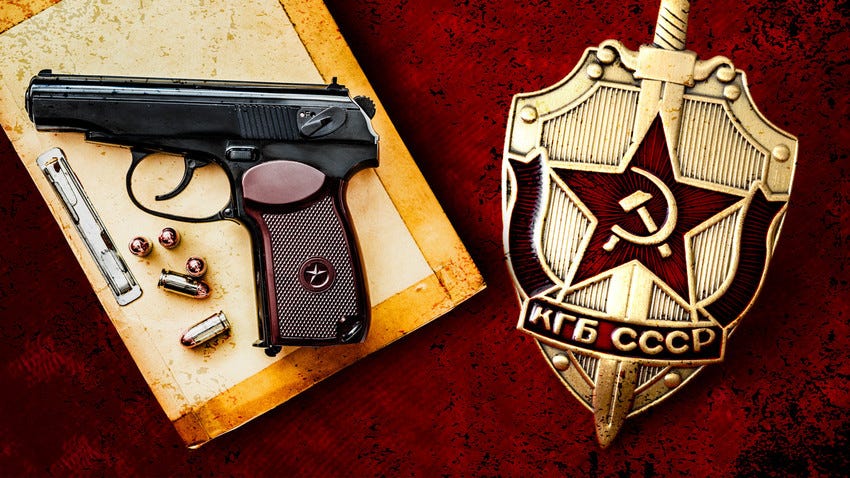
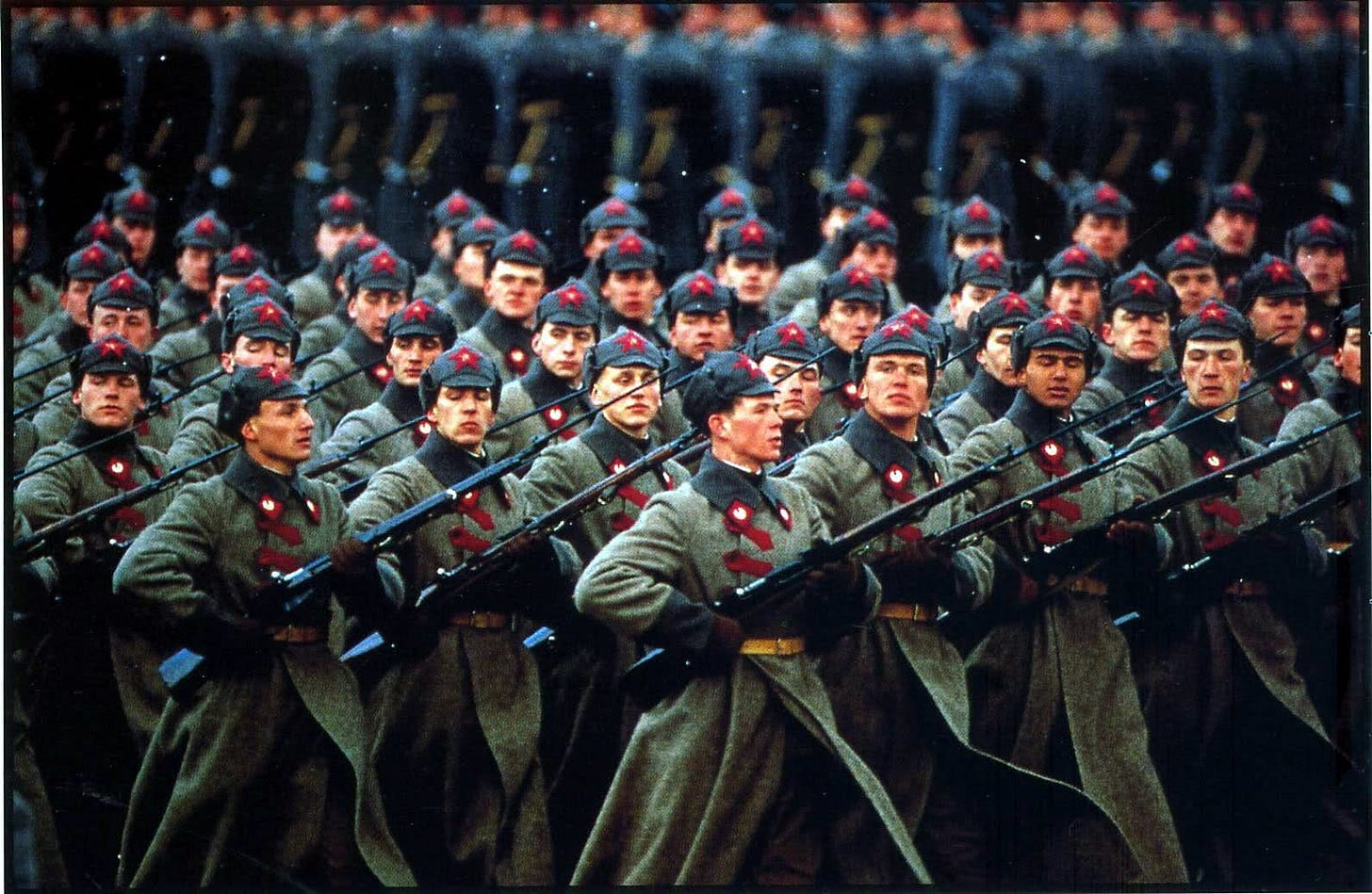

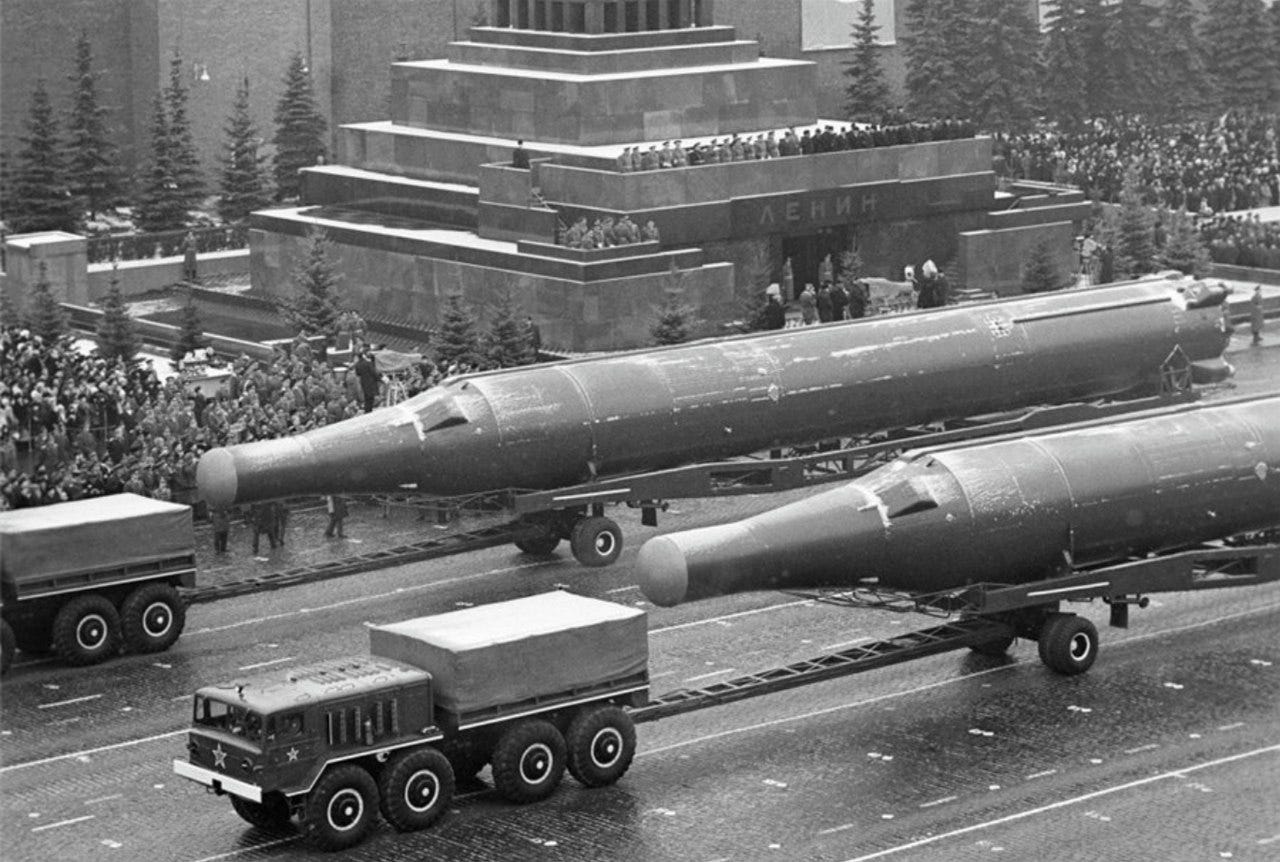
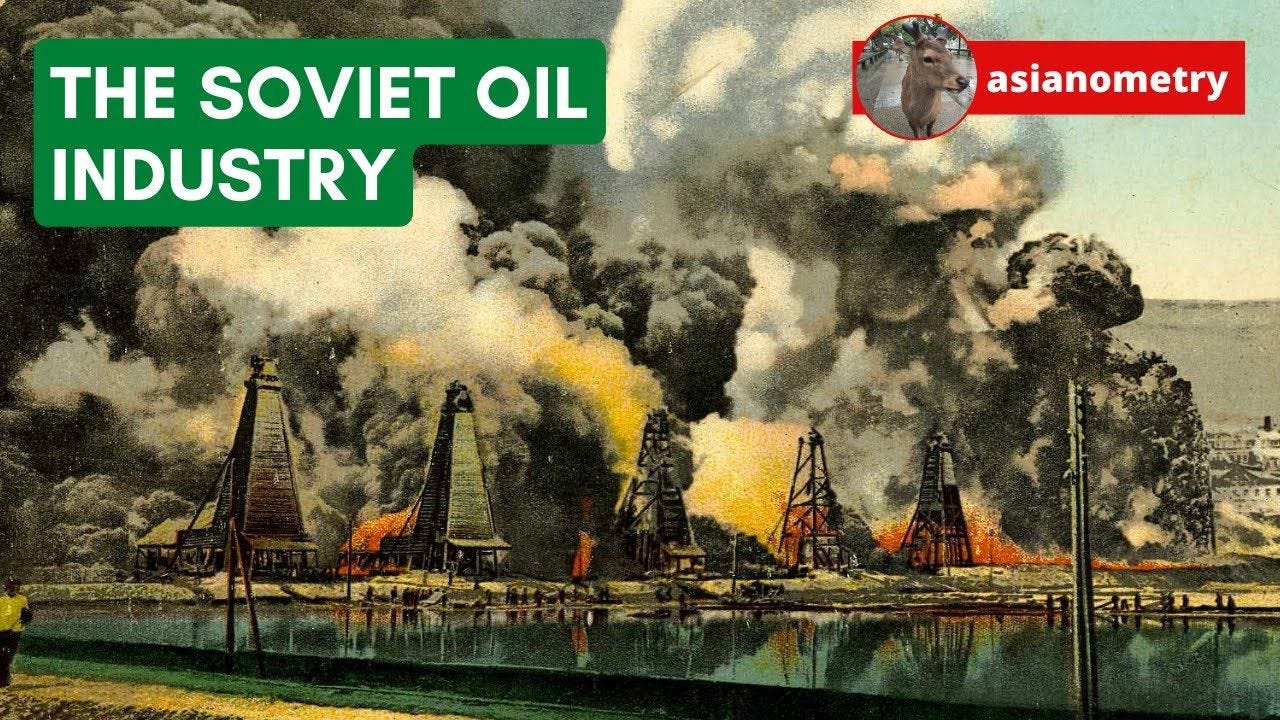

That's a good analysis. I'd just add that it's possible to outrun your contradictions (for a while) via expansion. Which is exactly what the USSR did, first territorially and then culturally, its cultural influence peaking in the 1970s and its quest for territorial expansion dashed in the 1980s in Afghanistan. No longer able to expand, its contradictions caught up to it and, in true Marxist fashion, made its collapse inevitable.
Great piece. I too hate the Soviet regime with every fibre in my body but still find their anthem a strangely inspiring piece of music. Good to know I'm not alone.